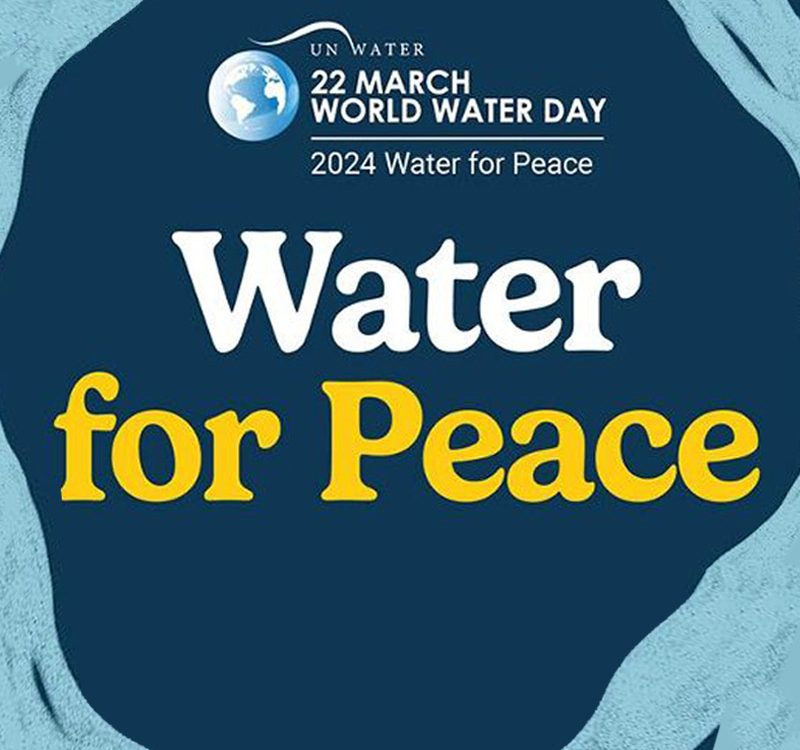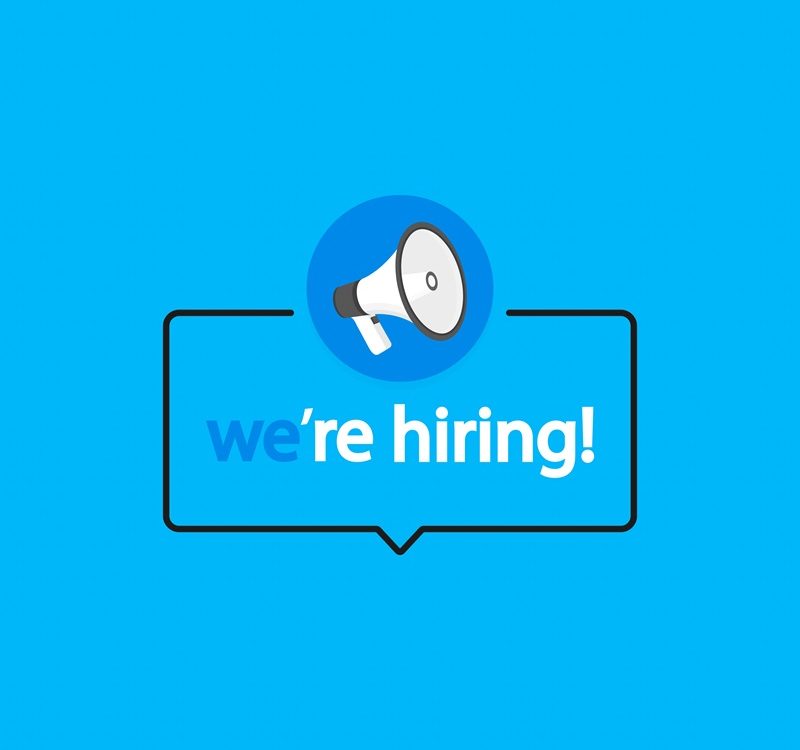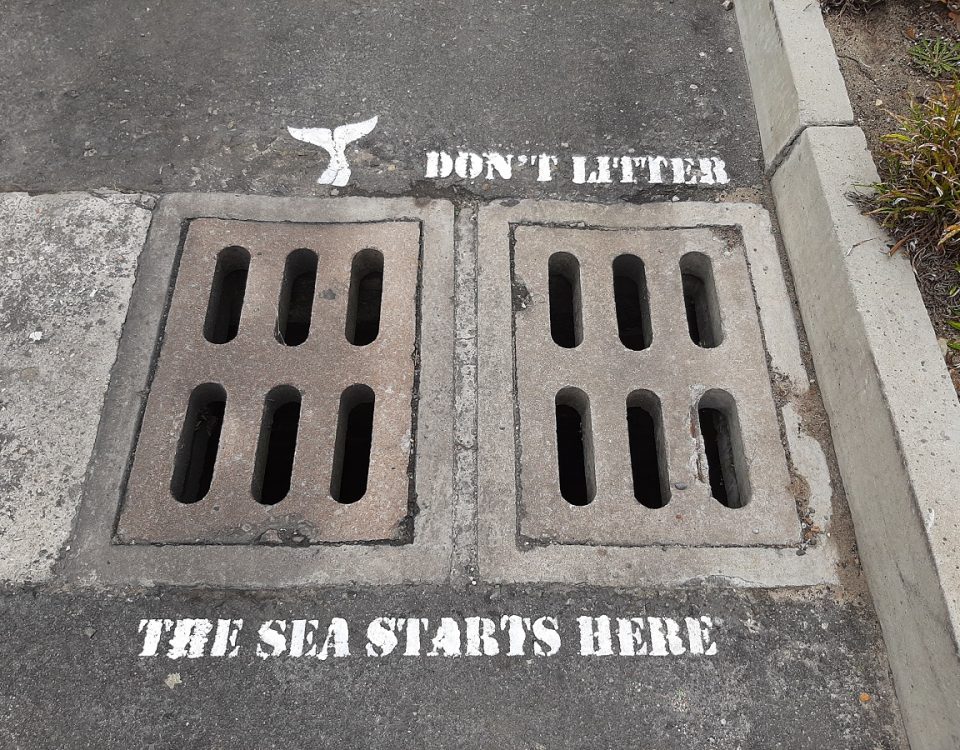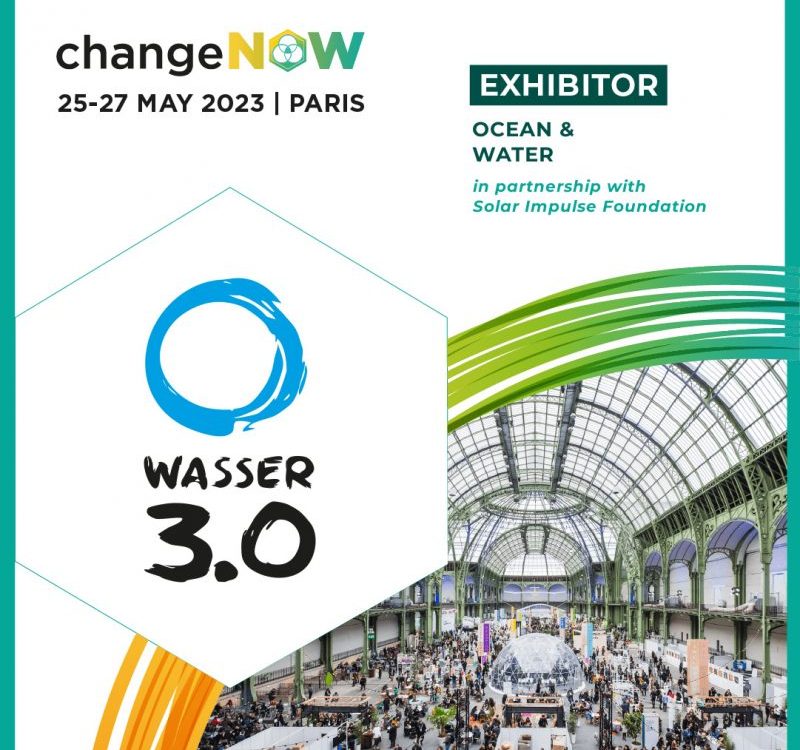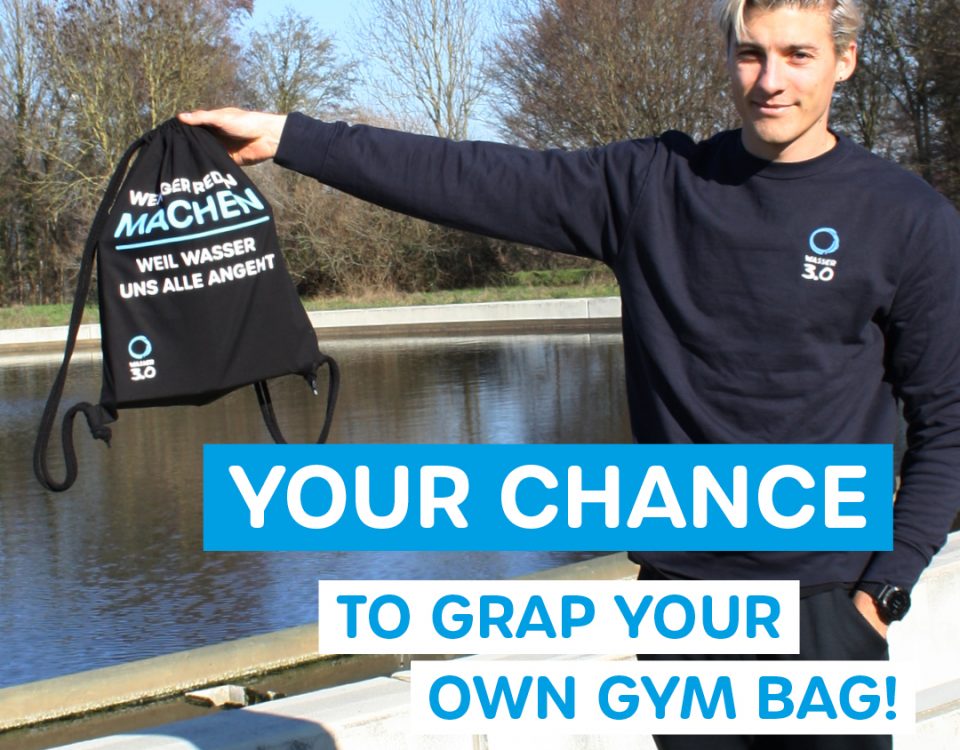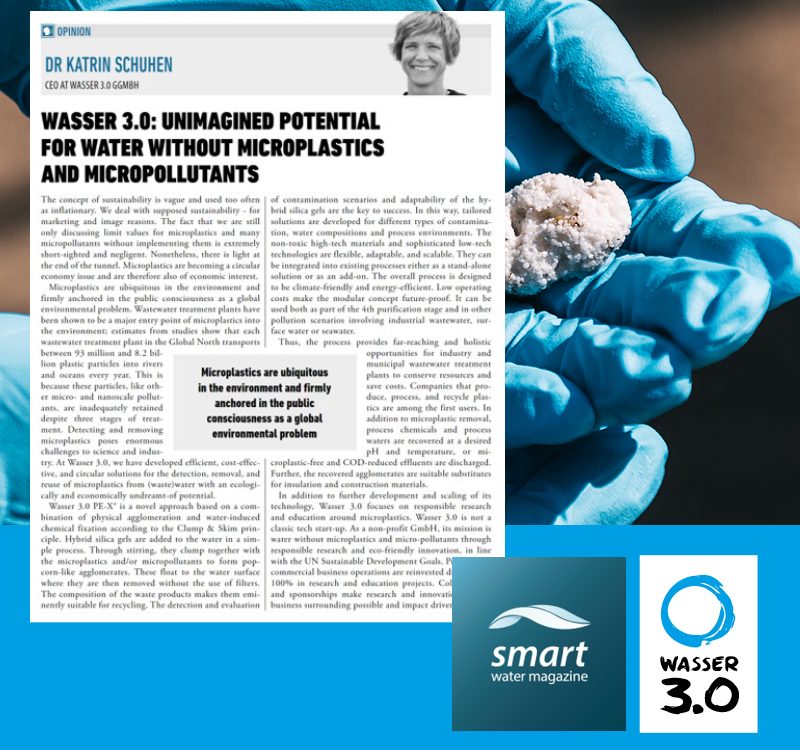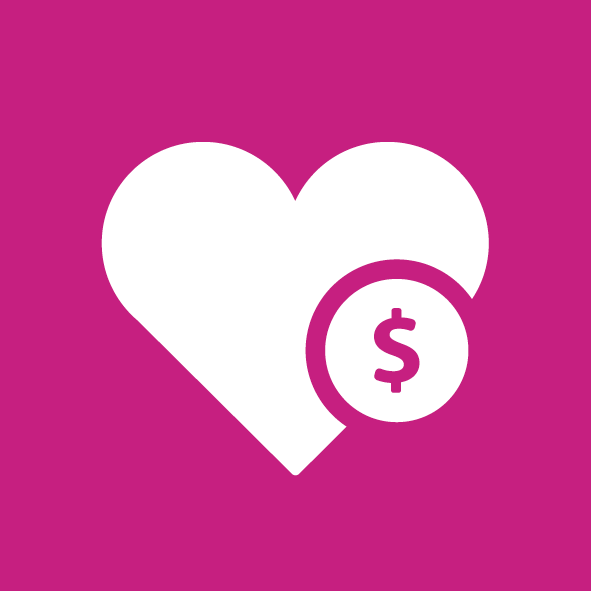1. April 2024
On the trail of the WHY.... The world is becoming ever more dynamic. The role and function of education and training (school, work, everyday life) is becoming increasingly important. The aim is to offer complexity-reducing transfer tasks and provide assistance in order to be able to argue and act on the basis of facts in the search for answers to pressing questions. This is all quite complex and requires some optimization and adaptation. A look behind the scenes of WASoMI.


